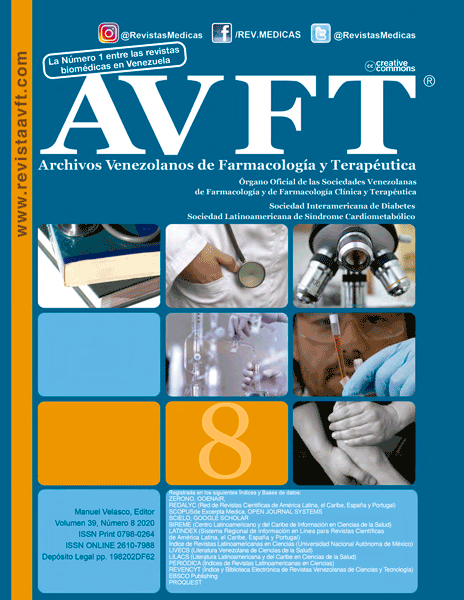Lipid peroxidation and evaluation of the effect of antioxidant vitamins in medical interns with daytime sleepiness
Palabras clave:
Keywords, Sleep deprivation, Malondialdehyde (MDA), Lipid PeroxidationResumen
Background: Daytime sleepiness refers to the propensity of falling asleep in a variety of situations, maybe due to insufficient sleep (major cause), or fragmented sleep. Objective: Measure lipid peroxidation and evaluate the effect of antioxidant vitamin intake in medicine interns with daytime sleepiness in Peruvian hospitals. Methods: Fluorometric assays were used to determine the concentration of Malondialdehyde, glucose, total cholesterol, triglycerides, HDL, LDL, and VLDL. We also evaluated Body Mass Index and age. The values of these variables were compared between groups of sleepy (n=33) and normal interns (n=33). Then vitamin C and E were given, for 10 weeks, to 17 sleepy interns and the remaining sample (n=16) were considered the control group. Results: sleepy interns had more MDA than the non-sleepy group (greater lipid peroxidation) due to poor sleep. Vitamins C and E decrease MDA levels in sleepy inmates and levels of lipid peroxidation. These results were similar to those reported by other scientists. Conclusions: Drowsy interns have almost double of lipid peroxidation, compared to control. Vitamins C and E reduce the level of Malondialdehyde in inters with Daytime sleepiness.




